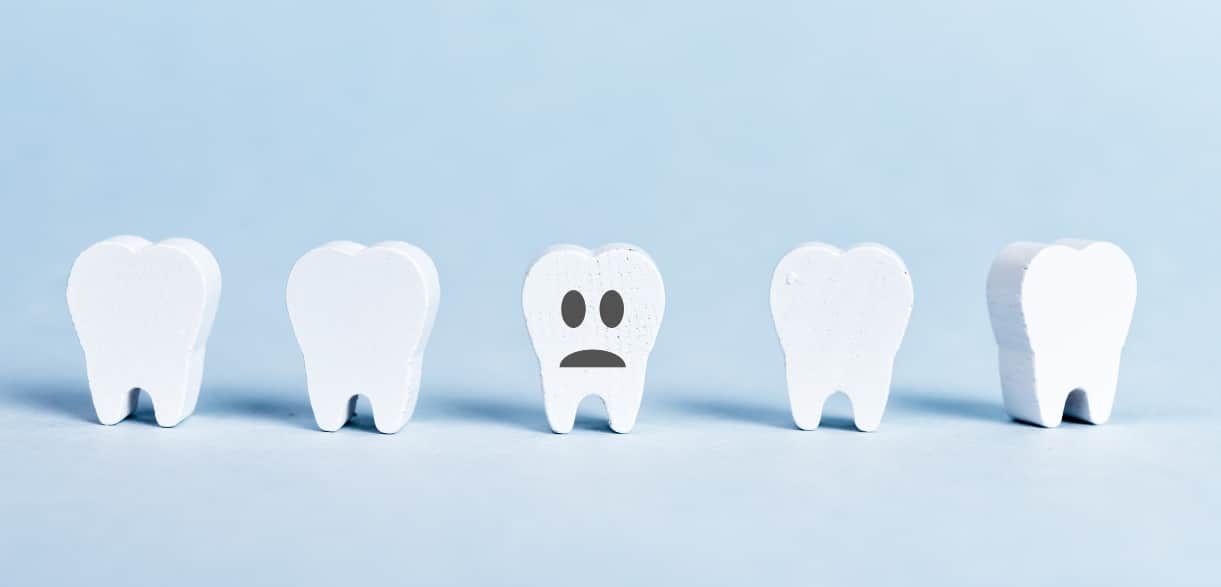
How Poor Oral Health Can Affect Your Mental Health?
Good oral health is synonymous with better mental health. You will find several studies that reveal the link between oral health and overall health. A study published in the Preventing Chronic Disease Journal has shown that SEP or Socioeconomic Position has a direct link to mental health and indirect association with self-rated oral health, with the influence of mental health on the relationship between SEP and dental health. This underscores the complex interplay between socioeconomic factors, mental health, and oral health outcomes.
In addition, the National Institutes of Health spotlights that mental health conditions and substance use disorders are linked with compromised dental health. It has also been reported that there is a need for integrated care approaches to solve the oral health needs of individuals with mental illness.
This guide will explain how oral health can affect mental health.
Impact of Dental Health on Mental Health
Dental and mental health are more closely associated with each other than you might realize. Mental health disorders can cause some coping habits, such as smoking, which imposes a negative impact on oral health. Some people with mental health issues may also stop or avoid going to the dentist in Cypress
People with depression, anxiety, or other mental illnesses may engage in behaviors or other issues resulting from their illness that hamper oral health, like:
- Eating or drinking a lot of sugary or acidic foods or beverages
- Loss of appetite that can cause poor nutrition
- Low energy
- Dental anxiety, which is the fear of going to a dentist
- Smoking
- Pain
- Dry mouth
- Alcohol use problems or drug use
- Difficulty performing daily activities like brushing their teeth.
You might not feel like eating if you have depression, anxiety, or another mental illness. Moreover, you might also consume too many sugary treats or beverages. Consuming these, you may feel better for a while, but they can lead to tooth decay and cavities.
People who have eating disorders or poor nutrition may have low levels of calcium. If you have a deficiency of calcium, it can weaken the surface enamel of your teeth. Some eating disorders, like bulimia, in which the person vomits after eating, are capable of damaging the teeth, mouth, and throat. In addition, bulimia can reduce the amount of saliva in the mouth, which can cause dry mouth and oral issues.
Many people, including those without mental health issues, have dental anxiety. You may avoid seeing a dentist regularly if you have an anxiety disorder. It can result in dental issues.
Depression or other mental illnesses can make you feel tired and unmotivated. With this issue, you may find it hard to perform regular and basic brushing and flossing of your teeth. Moreover, you may feel too tired to prepare meals, which may cause poor nutrition.
Anxiety and depression can make you more sensitive to pain. You can be anxious or fearful about going to the dentist.
You tend to drink alcohol if you have anxiety and depression. Drinking excessive alcohol can cause gum disease and possibly lead to oral cancer as time goes on.
Some medications used to treat mental illnesses, like antidepressant drugs, may lead to side effects such as dry mouth. A dry mouth may escalate your risk for gum disease.
If you want to get better dental health that leads to significant mental health, you can talk to our dentists. With us, you will get the best experience for sure.



